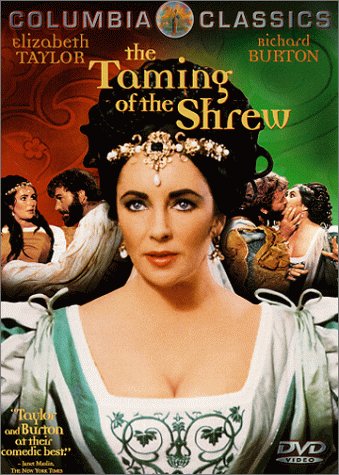


When it comes to identifying the levels of effort that the two main characters exert to get what they want, it can be argued that those two main character counterparts of the film "The Taming of the Shrew" and "10 Things I Hate About You" are a mirror image of each other.
In the film "The Taming of the Shrew", once Katherine has been admitted into Petruchio's home, big changes to her way of life and standard of living have taken effect just in order to get what she wanted (which in this case was her old way of life). Katherine had to change her manners towards Petruchio's servants, her wardrobe, her hygiene, and even her personal etiquette in front of Petruchio. However, in the film "10 Things I Hate About You", it is Pat that has made changes to his standard of living just to get what he wanted. He had to change his smoking habit, drinking habit, taste in music, and even risk his silent tough-guy high school reputation just to get what he wanted.
There is a profound difference in the films on how Kat and Katherine exact revenge. In "The Taming of the Shrew", when Katherine was being chased around by Petruchio in Baptista's home, she'd try to get away from him by inflicting harm like hitting him with furniture, kicking him in the head, or pushing him off high places. However, Kate would not intend to inflict any pain onto Pat in order to get away from him. Kate would more direct all her aggression onto things like soccer and Joey's car, but never to inflict harm to Pat.
Kat is shown to be expressive by being intellectual, artistic, and liberal, however Katherine shows her expressive side with anger, and tantrums. Petruchio's demeanor is more of indifference and selective devotion, but with Pat a lot more effort and concern is placed when he tries to win Kat's affection. In "The Taming of the Shrew", Petruchio's selective devotion causes Katherine to become dependent on him, but in "10 Things I Hate About You" it seems that Pat has become dependent on Kat in order to start a new identity in life as someone other than an unapproachable emotionless jailbird.
It is noticeable how the roles and counterpart characters are close to being a mirror image of each other. But regardless of which characters exhibit a certain behavior or role, one side had to give up more and lose a piece of themselves just to gain a better perspective of love. Who wins and who loses for love in Shakespeare's "The Taming of the Shrew" can be considered irrelevant.